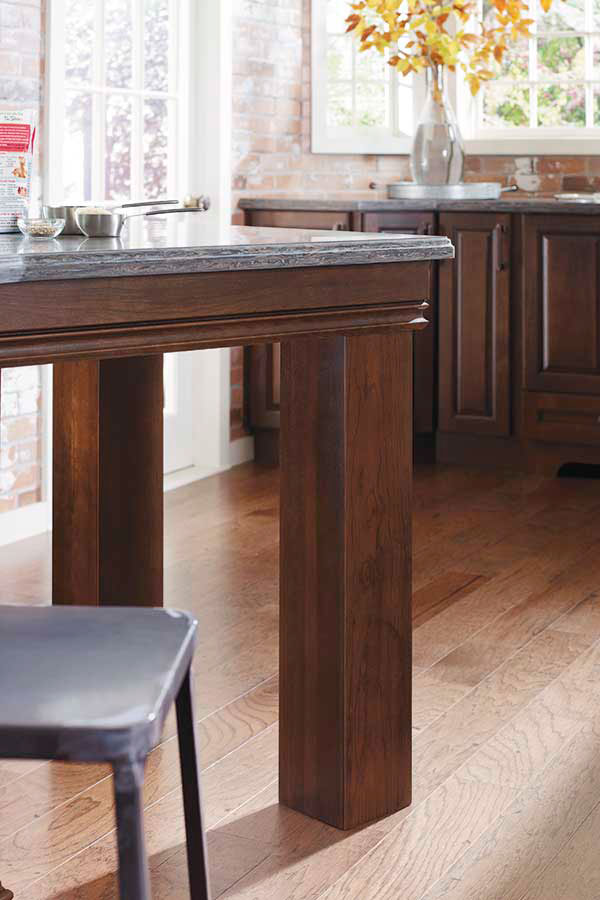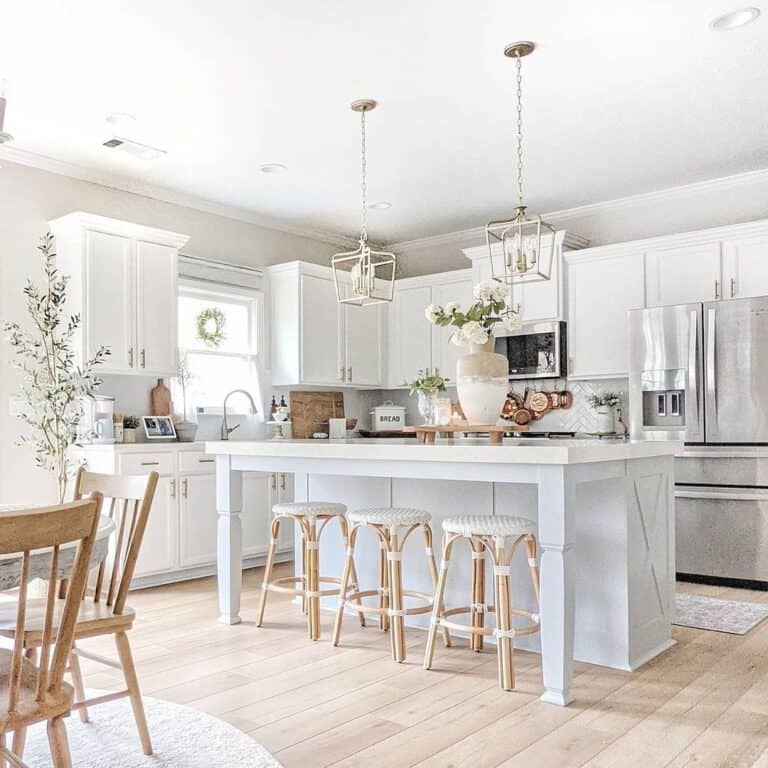A Guide to Selecting the Perfect Legs For Kitchen Area Island for Your Home
Picking the optimal legs for your cooking area island is a nuanced choice that impacts both the performance and visual allure of this main room. Factors such as height, materials, and design play a critical role in harmonizing your island with the total kitchen area design. Additionally, comprehending the importance of security and upkeep can significantly influence your choice. As you think about these aspects, it comes to be noticeable that the right legs can transform not just the appearance of your cooking area yet additionally its usability for years to come. What specific features should you focus on in this option procedure?

Comprehending Kitchen Island Legs
When choosing legs for a kitchen island, it's crucial to comprehend their useful and aesthetic functions in the total design. The legs act as an essential assistance system, ensuring stability and durability for the island, which commonly operates as a workspace, dining location, or collecting place. The selection of material and building method have to be durable adequate to withstand daily use and prospective wear.
Along with their architectural duties, legs add significantly to the island's visual appeal. They can enhance the kitchen's style, whether through conventional, contemporary, or eclectic styles. The height and proportion of the legs are likewise vital factors to consider; they need to integrate with the island's kitchen counter elevation while making certain comfortable seating for those using the space.
In addition, the leg layout can affect the total circulation of the cooking area. Open, ventilated leg styles can create a sense of agility, while solid, considerable legs may communicate a much more grounded and steady visual - Legs For Kitchen Island. Understanding these useful and aesthetic aspects will guide homeowners in making educated options that match their kitchen's design and boost its functionality
Popular Styles and Materials
The option of legs for a kitchen island includes a selection of popular designs and products, each offering unique attributes that can enhance both performance and aesthetics. Standard legs typically display luxuriant details and workmanship, boosting timeless kitchen designs.

Height and Security Considerations

Stability is an additional vital factor to consider. The legs of the kitchen area island need to supply ample assistance, guaranteeing that the framework can stand up to day-to-day use without tottering or changing. Product selection plays a considerable duty in stability; metal legs, for example, have a tendency to offer higher strength compared to wood. In addition, making sure that the island is firmly anchored to the flooring or wall can boost stability, specifically for larger islands that might bear considerable weight.
Matching Your Kitchen Visual
Choosing the right legs for your kitchen island exceeds capability; it also plays a considerable duty in the overall aesthetic of the room. When picking legs, consider the design style of your kitchen area. For a modern appearance, sleek metal or minimalist styles can produce a tidy, modern-day ambiance. On the various other hand, standard or rustic cooking areas frequently benefit from wooden legs with complex describing or a troubled useful reference coating, boosting heat and personality.
Shade is an additional essential variable. Legs that enhance or comparison read the full info here with your island's surface area and bordering cabinets can produce visual harmony or striking prime focus. Combining dark wood legs with a light marble counter top can add depth and passion. In addition, think about the surface of the legs; matte, glossy, or distinctive coatings can dramatically affect the general feel of the cooking area.
Installation and Upkeep Tips
Setting up cooking area island legs requires cautious focus to detail to make certain both security and aesthetic appeal. Make use of a stud finder to locate wall surface studs if you are attaching the legs to a wall or making use of braces for added support.
When safeguarding the legs, use top quality screws and, if necessary, wood adhesive for additional strength. For metal legs, make certain that you are using proper supports and devices to stop damages to your floor covering. It is advisable to examine for levelness after installation, making modifications as required to stay clear of wobbling.
Clean the legs with a suitable cleaner, preventing unpleasant products that might damage the surface. By following these setup and upkeep tips, you can guarantee that your kitchen area island legs remain both useful and aesthetically attractive.
Conclusion
Finally, picking the proper legs for a kitchen area island requires careful factor to consider of elevation, stability, and visual compatibility. By picking appropriate materials and designs that line up with the overall kitchen layout, performance can be enhanced while keeping visual appeal. Correct setup and ongoing upkeep additionally contribute to the sturdiness and longevity of the cooking area island. Ultimately, thoughtful leg option plays a crucial function in elevating both the usefulness and design of great post to read the cooking area area.
When choosing legs for a kitchen island, it's necessary to understand their aesthetic and practical duties in the overall layout. Open, ventilated leg styles can produce a feeling of lightness, while strong, substantial legs may communicate a much more based and steady visual. The legs of the kitchen area island must offer adequate support, making certain that the structure can hold up against daily usage without tottering or changing.Setting up kitchen island legs needs mindful focus to information to ensure both stability and aesthetic charm.In verdict, picking the appropriate legs for a kitchen island requires cautious factor to consider of elevation, security, and visual compatibility.